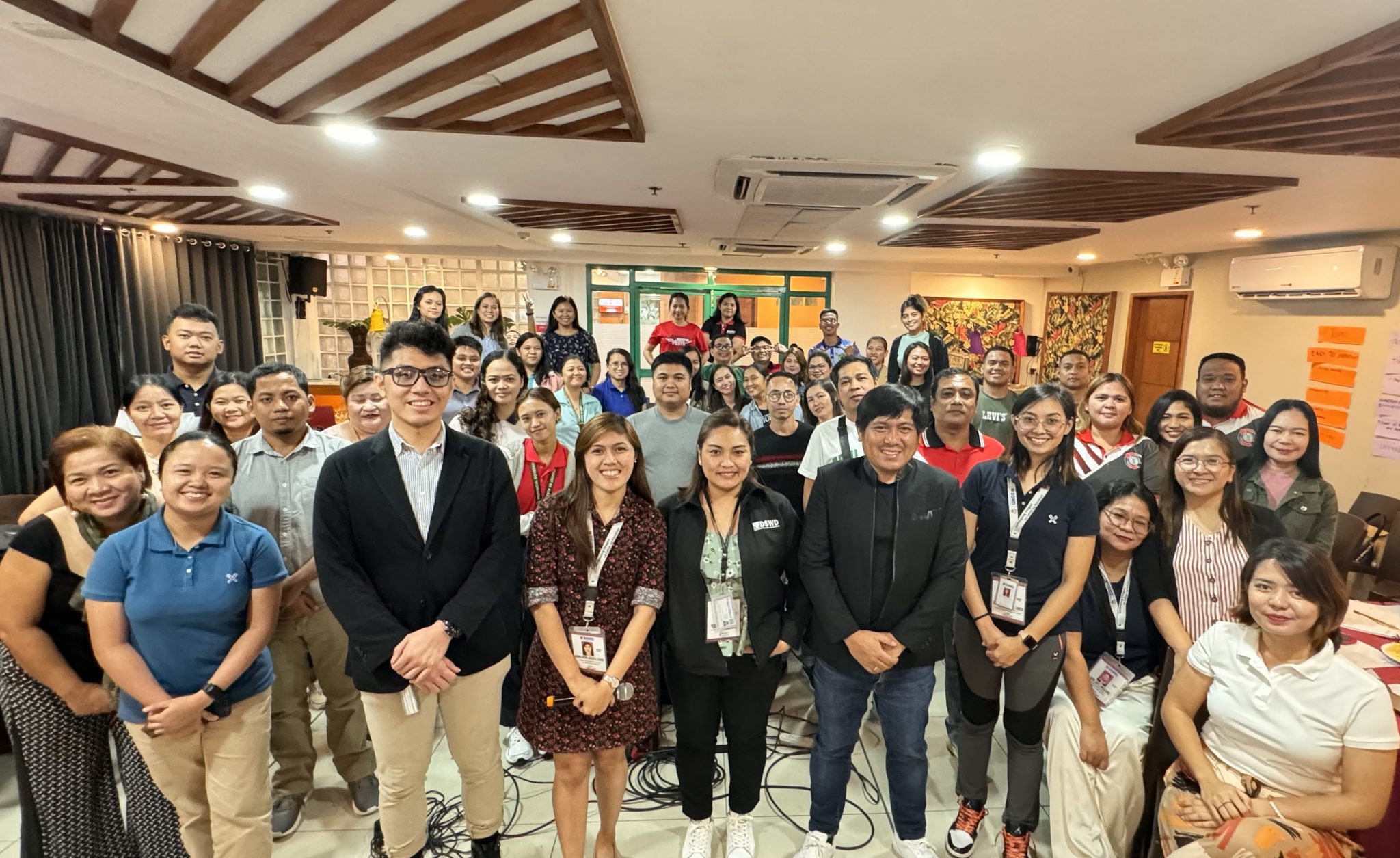
To strengthen coordination, enhance data management practices, and improve communication strategies for a more effective disaster response, the Department of Social Welfare and Development (DSWD Field Office 5, in collaboration with the Disaster Response Management Bureau (DRMB) and the Disaster Command Center (DRCC) of the DSWD Central Office, conducted a training program on DROMIC Reporting Guidelines and disaster response protocols. This training took place from September 16 to 19, 2024, at Hotel Sentro in Legazpi City, Albay.
The primary objective of the training was to provide orientation and technical assistance on the Disaster Response Operations Management Information and Communication (DROMIC) Reporting Guidelines. It aimed to equip participants with the technical skills necessary to navigate DROMIC reporting templates and clarify the roles and responsibilities of personnel involved in preparing DROMIC reports.
DROMIC plays a crucial role in delivering timely, strategic, flexible, and inclusive disaster response information based on reliable data. The training highlighted the importance of DROMIC reports during disasters and emergencies, emphasizing their critical role in decision-making and resource allocation.
Additionally, the program sought to strengthen cooperation and coordination between Provincial and Municipal Social Welfare and Development Offices (P/MSWDOs) and Provincial and Municipal Disaster Risk Reduction and Management Offices (P/MDRRMOs) involved in preparing disaster-related reports.
Participants gained a comprehensive understanding of the enhanced DROMIC Reporting System, including its features and functionalities during emergencies in their respective areas.
Key topics covered during the orientation and workshop included information management during disasters, an overview of the Geographic Information System for disaster response, the roles and responsibilities of the DRCC, an overview of the DROMIC system, and the enhanced DROMIC guidelines and protocols, along with the corresponding forms.
Participants practiced standard procedures for data collection, report submission, and distribution during simulation exercises to monitor disaster response operations.
The exercises effectively utilized the DROMIC reporting template and narrative form to ensure accurate and timely reporting. As a result, participants acquired valuable knowledge and skills that will enhance disaster response operations, ultimately preserving lives and mitigating disaster impacts.
Resource persons for the workshop included DRCC staff and team leaders: Project Development Officer IV Azaneth Trasmonte, Information Technology Officer Jan Erwin Andrew Ontanillas, and Supply Chain Officer Juan Paolo Mendoza.
This initiative is expected to improve the overall efficiency of disaster response operations, enabling local and provincial offices to provide more timely and accurate reports, thereby enhancing the government’s capacity to respond effectively to crises.
